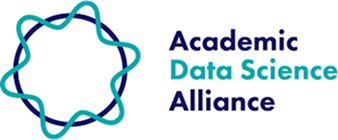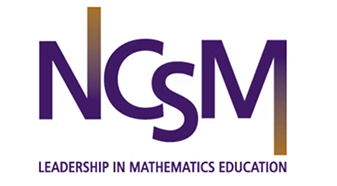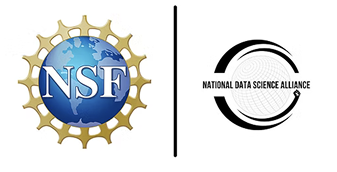Extension Statements
Following an initial analysis, list and implement opportunities for increasing the strength of an argument, a generalization claim, or ideas for a new analysis. Explore risks of the same approaches as well.
K–2 Competencies
Classroom resources
Data Science Starter Kit Module 4: Drawing Conclusions - Interpreting Problems and Results
Welcome to one of the most critical skills in data science—learning how to draw valid conclusions from data and understanding what those conclusions can and cannot tell us. This module focuses on the thinking skills that separate good data science from misleading claims.🔗
Interpreting Problems and Results isn’t about complex statistical tests or advanced mathematics. It’s about developing the intellectual honesty and critical thinking skills to say, “Based on this data, here’s what we can reasonably conclude, here’s what we’re not sure about, and here’s what we still need to investigate.”
3–5 Competencies
Classroom resources
Data Science Starter Kit Module 4: Drawing Conclusions - Interpreting Problems and Results
Welcome to one of the most critical skills in data science—learning how to draw valid conclusions from data and understanding what those conclusions can and cannot tell us. This module focuses on the thinking skills that separate good data science from misleading claims.🔗
Interpreting Problems and Results isn’t about complex statistical tests or advanced mathematics. It’s about developing the intellectual honesty and critical thinking skills to say, “Based on this data, here’s what we can reasonably conclude, here’s what we’re not sure about, and here’s what we still need to investigate.”
6–8 Competencies
Identify additional possible scenarios for which a data-based conclusion may apply, beyond the original question or inquiry.
Classroom resources
Data Science Starter Kit Module 4: Drawing Conclusions - Interpreting Problems and Results
Welcome to one of the most critical skills in data science—learning how to draw valid conclusions from data and understanding what those conclusions can and cannot tell us. This module focuses on the thinking skills that separate good data science from misleading claims.🔗
Interpreting Problems and Results isn’t about complex statistical tests or advanced mathematics. It’s about developing the intellectual honesty and critical thinking skills to say, “Based on this data, here’s what we can reasonably conclude, here’s what we’re not sure about, and here’s what we still need to investigate.”
9–10 Competencies
Identify additional scenarios for which a data-based conclusion may apply and list the similarities and differences of the new scenario.
Identify the risks of extending the original analysis to a new scenario. e.g., data that might not be captured, incorrect assumptions
Classroom resources
Data Science Starter Kit Module 4: Drawing Conclusions - Interpreting Problems and Results
Welcome to one of the most critical skills in data science—learning how to draw valid conclusions from data and understanding what those conclusions can and cannot tell us. This module focuses on the thinking skills that separate good data science from misleading claims.🔗
Interpreting Problems and Results isn’t about complex statistical tests or advanced mathematics. It’s about developing the intellectual honesty and critical thinking skills to say, “Based on this data, here’s what we can reasonably conclude, here’s what we’re not sure about, and here’s what we still need to investigate.”
11–12 Competencies
Identify and implement at least two strategies in a project-based activity that utilize original data to address questions in a new scenario.
Describe potential ethical and statistical issues with the extension strategies, including explicit caveats on any conclusions reached with real-world data.
Classroom resources
Data Science Starter Kit Module 4: Drawing Conclusions - Interpreting Problems and Results
Welcome to one of the most critical skills in data science—learning how to draw valid conclusions from data and understanding what those conclusions can and cannot tell us. This module focuses on the thinking skills that separate good data science from misleading claims.🔗
Interpreting Problems and Results isn’t about complex statistical tests or advanced mathematics. It’s about developing the intellectual honesty and critical thinking skills to say, “Based on this data, here’s what we can reasonably conclude, here’s what we’re not sure about, and here’s what we still need to investigate.”
Advanced Competencies
Classroom resources
Support other teachers by sharing a resource
Do you have a lesson plan, video, or tip that could help others teaching this topic?
Share feedback on the Learning Progressions
Your feedback helps us improve these progressions for teachers around the world. Thank you!
Share feedback on the Learning Progressions
Your feedback helps us improve these progressions for teachers around the world. Thank you!
Share a classroom resource
Suggesting a resource helps students around the world learn essential data science skills.









.png)














